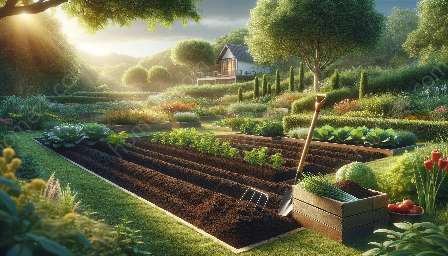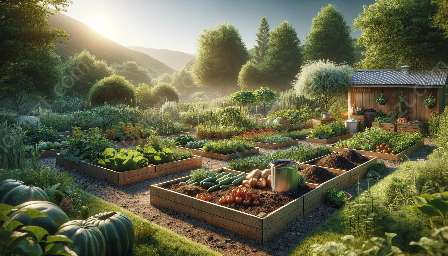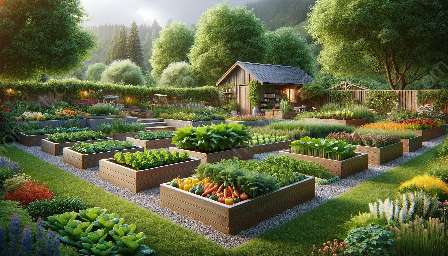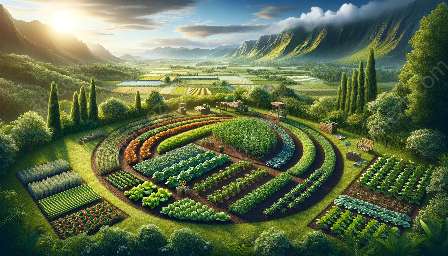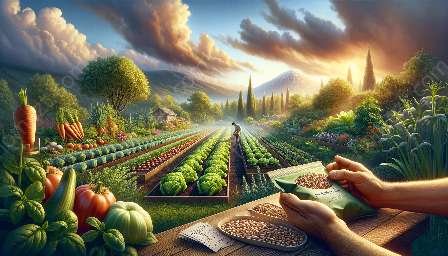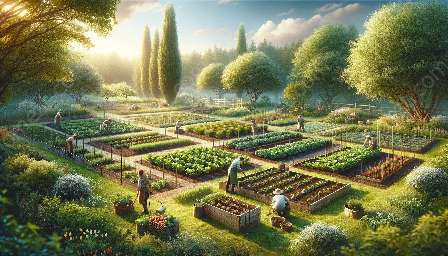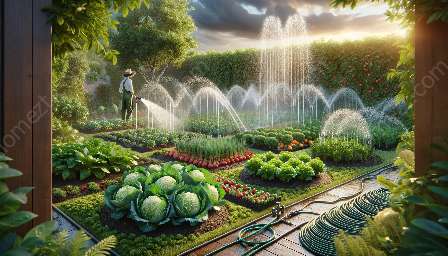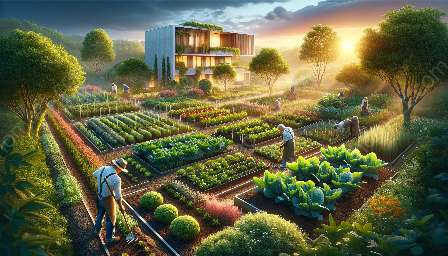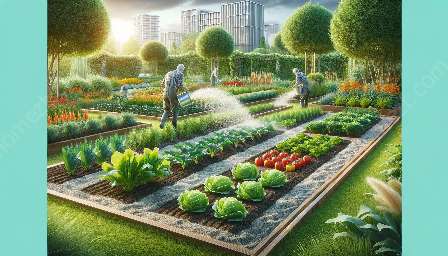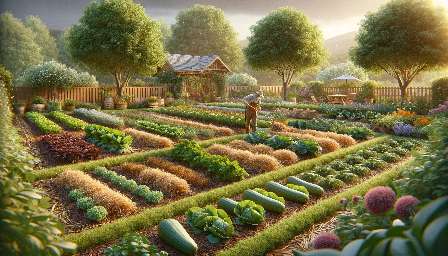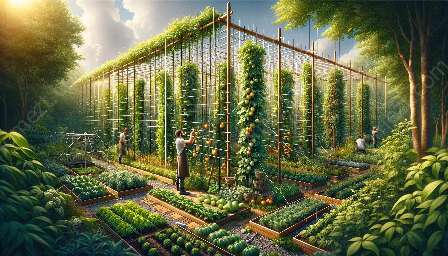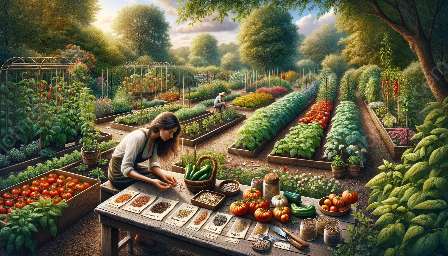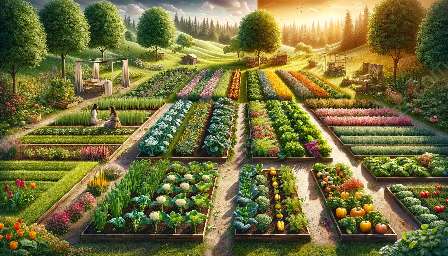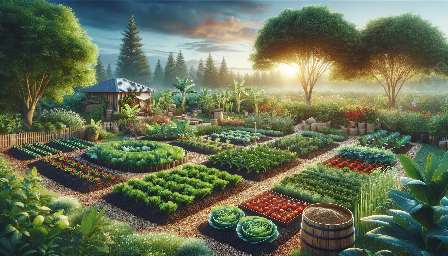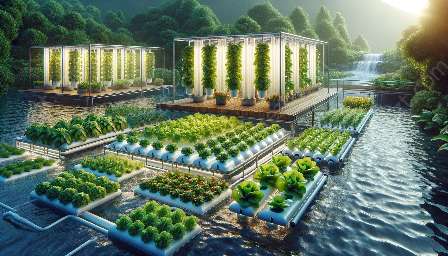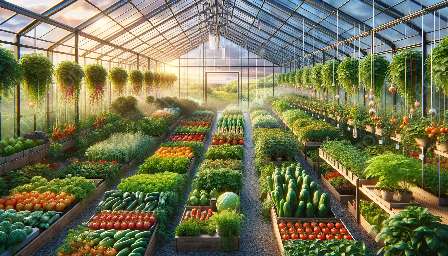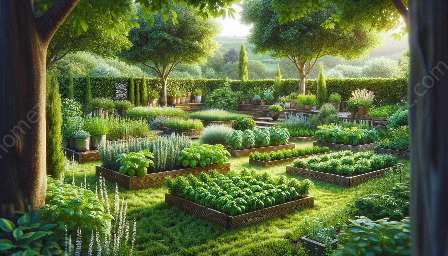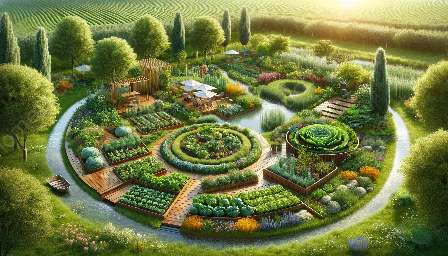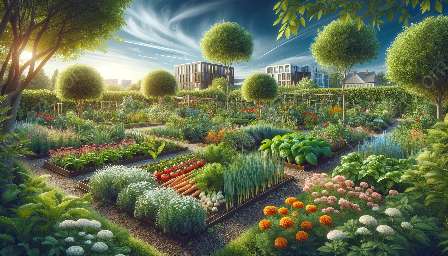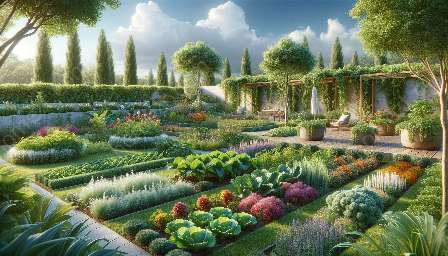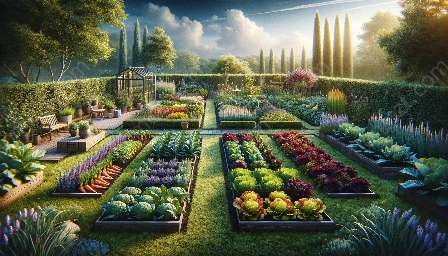Composting is a natural process that transforms organic waste into a valuable soil amendment, providing numerous benefits for vegetable gardens and landscaping. In this comprehensive guide, we will explore the fundamentals of composting, its compatibility with vegetable gardens, and its role in gardening and landscaping.
The Basics of Composting
Composting is a sustainable practice that involves the decomposition of organic materials, such as kitchen scraps, yard waste, and plant debris, to create nutrient-rich compost. The process is facilitated by microorganisms, including bacteria, fungi, and other decomposers, which break down the organic matter into a dark, crumbly substance known as compost.
Composting requires a balance of carbon-rich (brown) and nitrogen-rich (green) materials, as well as adequate moisture, aeration, and time. By combining these elements, you can create an ideal environment for the decomposition process to occur efficiently.
Benefits of Composting for Vegetable Gardens
Composting offers numerous advantages for vegetable gardens, including:
- Improved soil structure and drainage
- Enhanced nutrient content
- Increased microbial activity
- Suppression of plant diseases
- Reduction of greenhouse gas emissions
Incorporating compost into the soil can boost fertility, promote healthy root development, and improve the overall productivity of vegetable crops. Additionally, compost acts as a natural soil conditioner, aiding in water retention and reducing the need for chemical fertilizers.
Composting and Gardening
Composting is an essential aspect of gardening, offering a sustainable approach to managing organic waste and enriching the soil. Whether you are cultivating a small vegetable garden or maintaining a sprawling landscape, composting can significantly benefit your gardening endeavors.
Creating Nutrient-Rich Compost
To create nutrient-rich compost for your vegetable garden and landscaping needs, consider the following tips:
- Collect a variety of organic materials, including kitchen scraps, leaves, grass clippings, and small branches.
- Layer the materials to ensure a balance of carbon and nitrogen, periodically adding water to maintain moisture levels.
- Aerate the compost pile regularly to facilitate decomposition and reduce odors.
- Monitor the temperature and moisture of the compost to ensure optimal conditions for microbial activity.
- Allow the compost to mature for several months, turning it occasionally to promote even decomposition.
By following these guidelines, you can produce high-quality compost that will enrich your vegetable garden and contribute to a thriving landscape.
In Conclusion
Composting is a valuable practice that aligns harmoniously with vegetable gardens and landscaping, fostering sustainability, soil health, and plant vitality. By embracing the art and science of composting, you can create a vibrant and flourishing environment for your gardening and landscaping pursuits.

